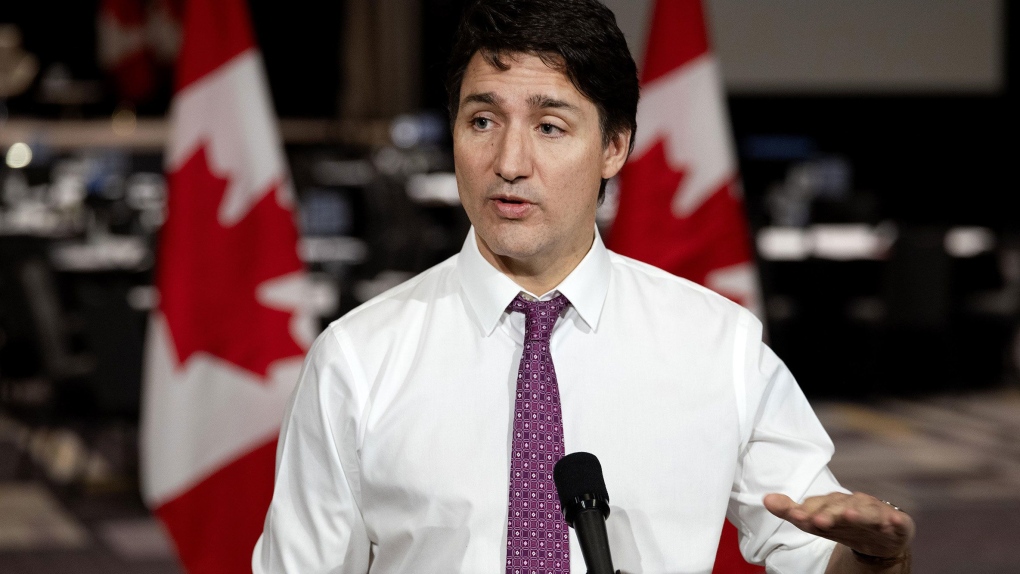
U.S. senators write to Trudeau asking him to meet 2% GDP defence spending commitment
CTV
A bipartisan group of 23 U.S. senators have written to Prime Minister Justin Trudeau urging his country to live up to its commitment to spend 2 per cent of GDP on defence amid concerns that key members of the NATO alliance are not pulling their weight.
A bipartisan group of 23 U.S. senators have written to Prime Minister Justin Trudeau urging his country to live up to its commitment to spend 2 per cent of GDP on defence amid concerns that key members of the NATO alliance are not pulling their weight.
“As we approach the 2024 NATO Summit in Washington, D.C., we are concerned and profoundly disappointed that Canada’s most recent projection indicated that it will not reach its two percent commitment this decade,” the senators wrote. “In 2029, Canada’s defence spending is estimated to rise to just 1.7 percent, five years after the agreed upon deadline of 2024 and still below the spending baseline.”
The rare letter from lawmakers comes about two months before NATO’s next annual summit in Washington, DC, which will mark the alliance’s 75th anniversary as Russia’s war against Ukraine continues.
At last year’s leader-level summit, the allies agreed that each member nation should spend at least 2 per cent of its GDP on defence. The senators pointed to that agreement in making their case for Canada to live up to the commitment.
And the senators — including Republicans Mitt Romney of Utah and Ted Cruz of Texas as well as Democrats Jeanne Shaheen of New Hampshire and Chris Van Hollen of Maryland, among others — argued that if Canada falls short of its commitment, it will hurt NATO.
“Canada will fail to meet its obligations to the Alliance, to the detriment of all NATO Allies and the free world, without immediate and meaningful action to increase defence spending,” the senators wrote.
Canada is a founding member of the defensive alliance, which now has 32 member nations. The senators noted the contributions Canada has made to NATO on multiple fronts, including taking a leading role in support of its military operations and developing standards around democracy, economic resilience and human rights.











